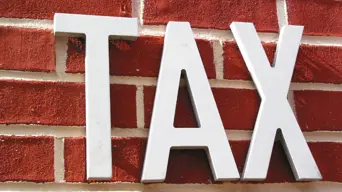Wealth & social security taxes could fund basic income grant in SA - study
The study found that a tax on the country’s top income earners could help alleviate poverty and subsequently boost the economy.

Picture: freeimages.com
JOHANNESBURG - The introduction of a basic income grant continues to divide opinion as a new study dispels claims that the country’s finances are too tight to afford another social welfare programme.
The Institute for Economic Justice and Applied Development Research Solutions recently looked into how the grant could be funded if given the green light by government.
The study found that a tax on the country’s top-income earners could help alleviate poverty and subsequently boost the economy.
According to estimates in the study, the basic income grant could cost anything between R39 billion and R47 billion between 2023 and 2025.
By the year 2030, when the number of eligible adults reaches about 13 million, the cost of the grant would have been five times the initial estimate.
Some economists have previously suggested that government would need to borrow significantly or raise income tax and VAT to sustain the grant.
Contrary to popular belief, this study has found that a small wealth tax capped at 1% and a social security tax could fund a portion of it.
As the world’s most unequal society, with the richest owning almost 90% of the country’s wealth, the study describes a wealth tax as justified.
The social security tax would be collected from all formal employment wages and earmarked for the big programme for poor adults who are currently outside the government’s social security programme.
The current R350 social relief of distress grant is thought to be the foundation for the basic income grant, with some political parties expected to use this as an electioneering ploy in the build-up to the 2024 polls.